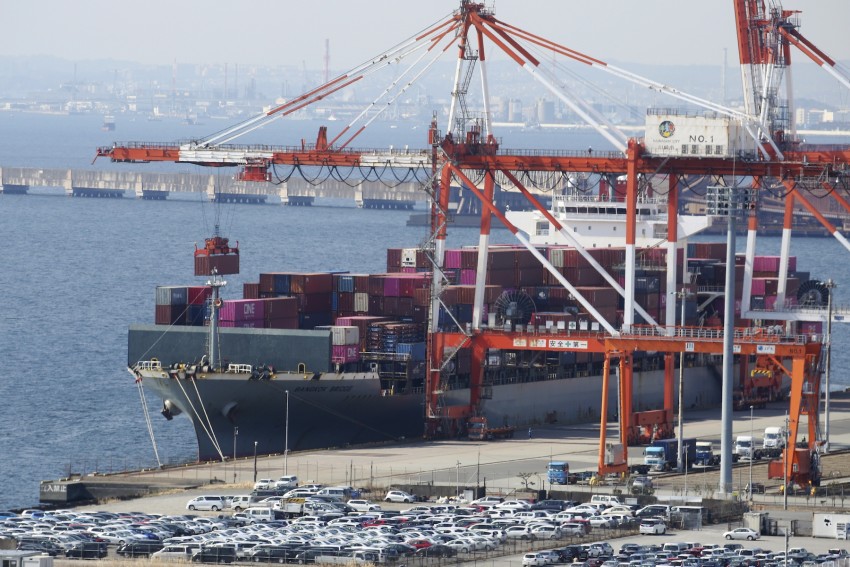Concerns about tariffs loom as Japan reports a ¥2.76 trillion trade deficit in January.
The Finance Ministry said Wednesday that Japan’s January trade deficit was 2.76 trillion yen, as concerns about impending tariffs from the Trump administration in the United States continue to mount.
A year ago, Japan’s trade deficit—which is calculated as the difference between imports and exports—was likewise 60% higher last month than it was in January 2024.
Last month, exports came to 7.86 trillion yen, a 7% year-over-year increase in a range of goods, including ships, machinery, and medical supplies.
10.62 trillion yen in imports represented a 16.7% increase over the same month the previous year. As demand increased and the value of the yen declined relative to other currencies, imports of computers, machinery, and a variety of foods, including fruit, increased.
Consumption in Japan is expected to remain relatively solid, partly because of recent wage growth.
Japan recorded a nearly 477 billion yen trade surplus with the U.S. as exports rose 8% in items such as electrical equipment, cars and raw materials.
Japan is asking the U.S. to exclude it from Trump’s so-called “reciprocal tariffs,” as well as those on steel and aluminum. Uncertainty remains as the U.S. has long been one of Japan’s most important trading partners.
The growth in both Japanese imports and exports follows a government report earlier in the week that the economy grew faster than expected in the October-December quarter.
“Japanese trade data suggest a modest economic recovery underway in the current quarter. But the jump in exports comes with big caveats, particularly the specter of U.S. tariffs, that cloud the outlook,” said Min Joo Kang, senior economist at ING.

